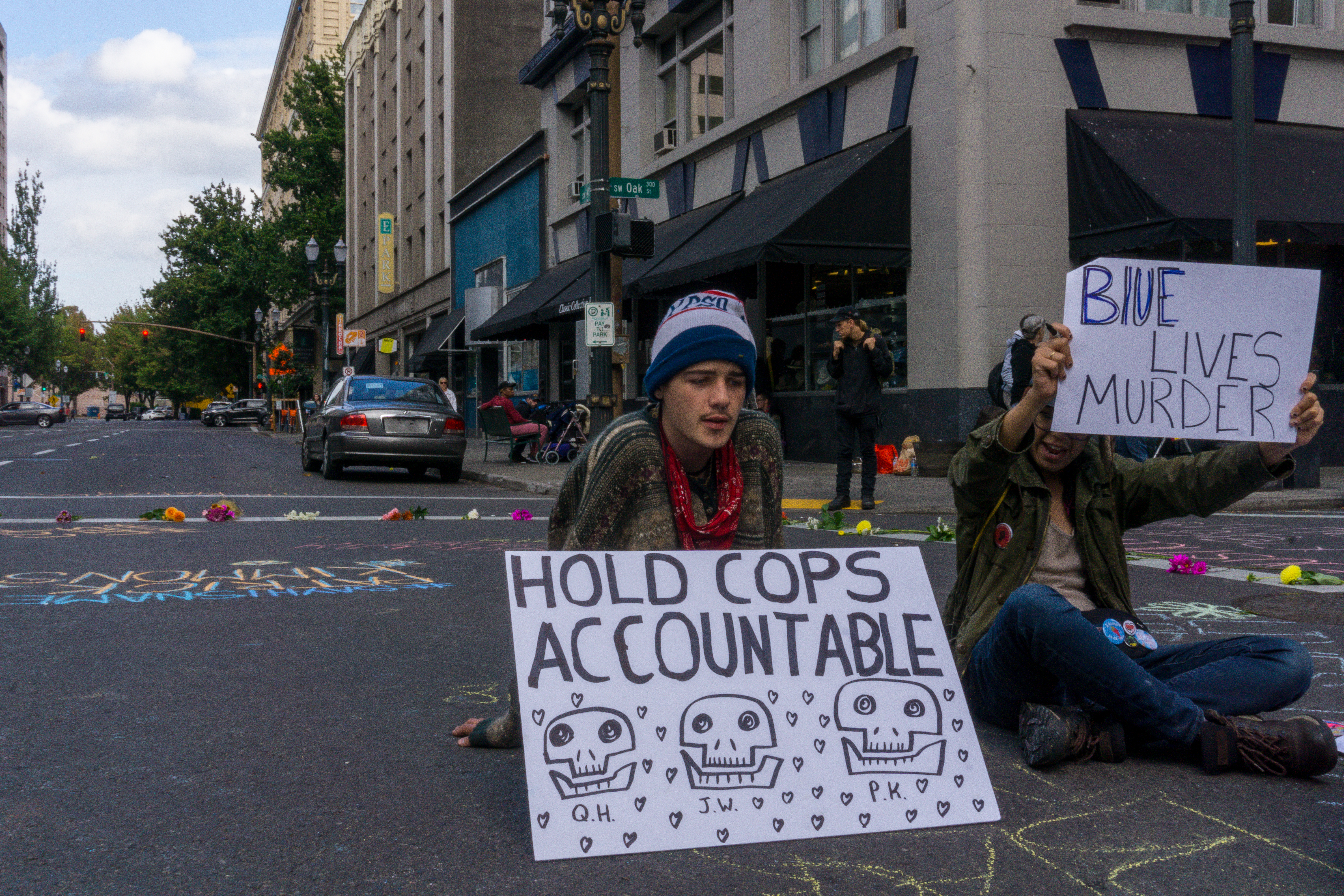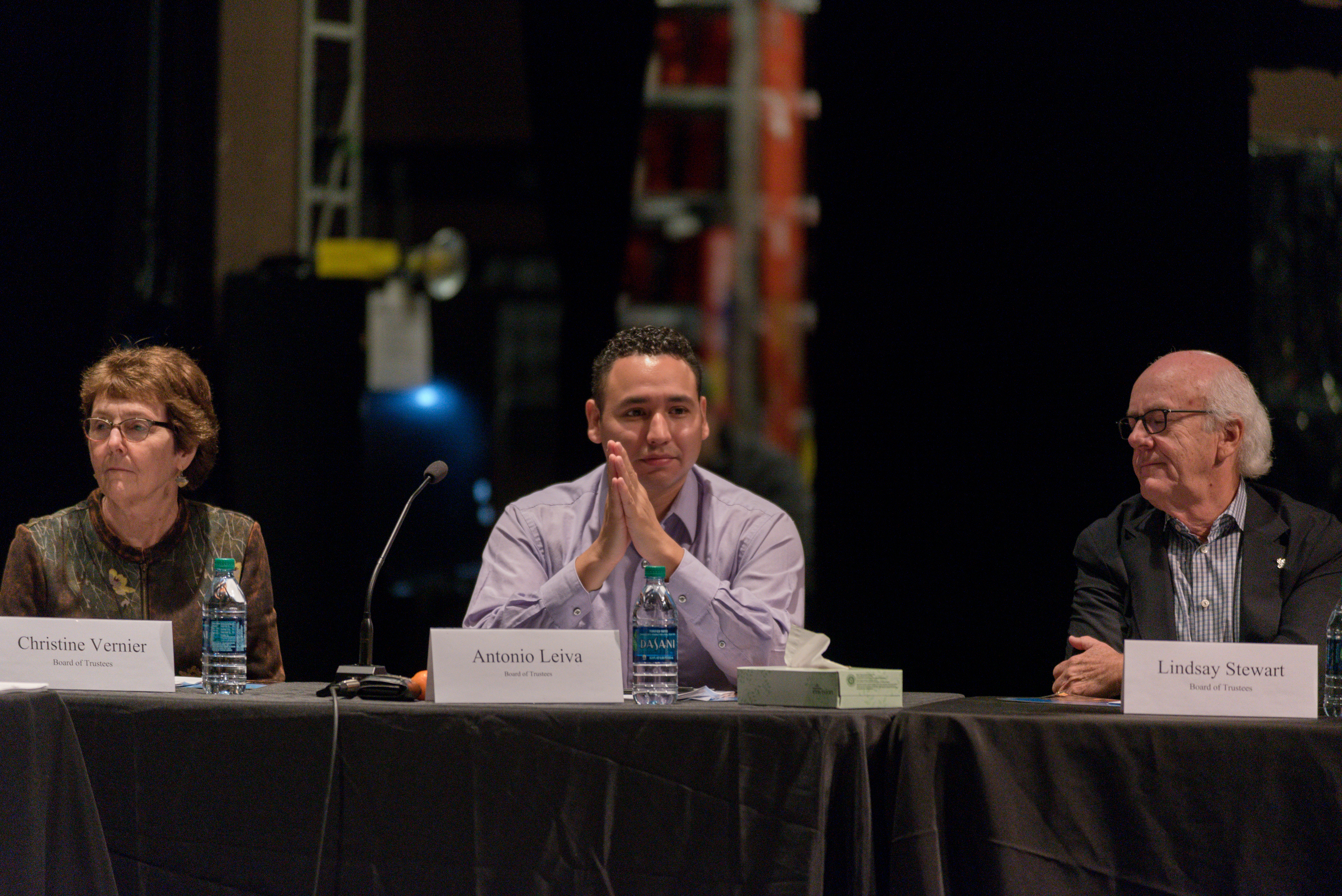Portland Mayor Ted Wheeler joined Portland State President Rahmat Shoureshi on Oct. 1 to announce the launch of a new PSU program, which will establish two research centers focused on houselessness and technological advancements in urban planning. The centers will receive $3 million in funding, with each center receiving $500,000 each year for three years.
The Homeless Research and Action Collaborative—co-directed by Associate Professor of Land-use Planning Marisa Zapata and Associate Professor of Psychology Greg Townley—will “harness the power of faculty expertise and research to find solutions to reduce homelessness, understand its root causes and use evidence-based science to empower community leaders, elected officials, frontline-service providers and advocates to make informed decisions,” PSU officials stated in a press release.
Zapata currently serves on the coordinating board for local houselessness advocacy organization A Home for Everyone. “I draw all the knowledge that I learned through that process which includes a lot of different service providers and people that have formerly or currently experienced homelessness,” she said.
PSU Student Union organizer Kaitlyn Dey said she was concerned about campus public safety officers’ treatment of houseless people on campus. “This model of policing is meant to harass homeless people,” Dey said. “It is meant to sweep people off the campus and to control public space. Even with the homelessness research center that [is being established,] we need to see real research on the policies that PSU is implementing.”
The Digital City Testbed Center, headed by geology Professor Jonathan Fink, will be dedicated to creating a network of testbeds, or sites where new technologies can be tested before being deployed to communities at large.
“We also plan to use several different campuses in Portland, Seattle and Vancouver so we can look at smart approaches under several different conditions,” Fink said. “Some of the issues we want to address are how technology can help make it easier for people with disabilities to find their way across cities, how people [can] learn about smart cities, and how technology can improve how cities and their residents prepare for earthquakes and other natural disasters.”






